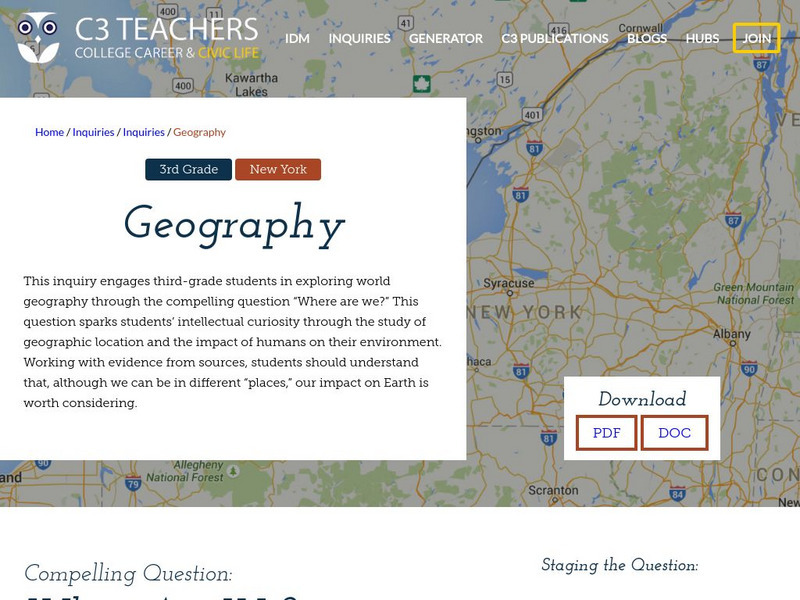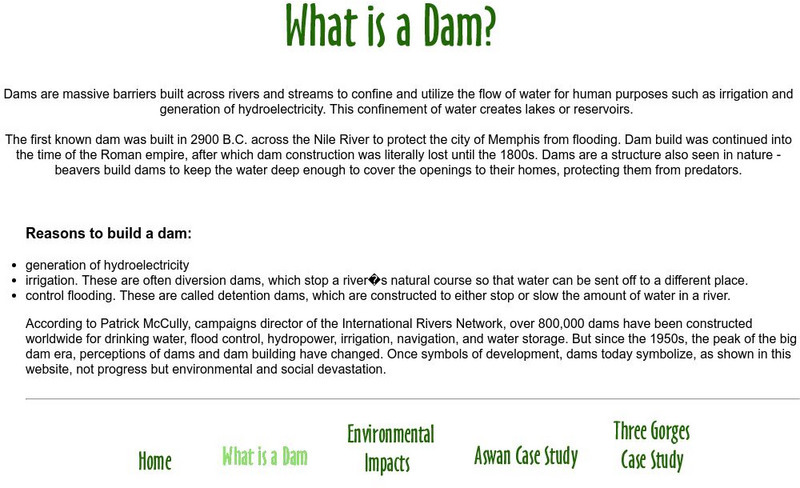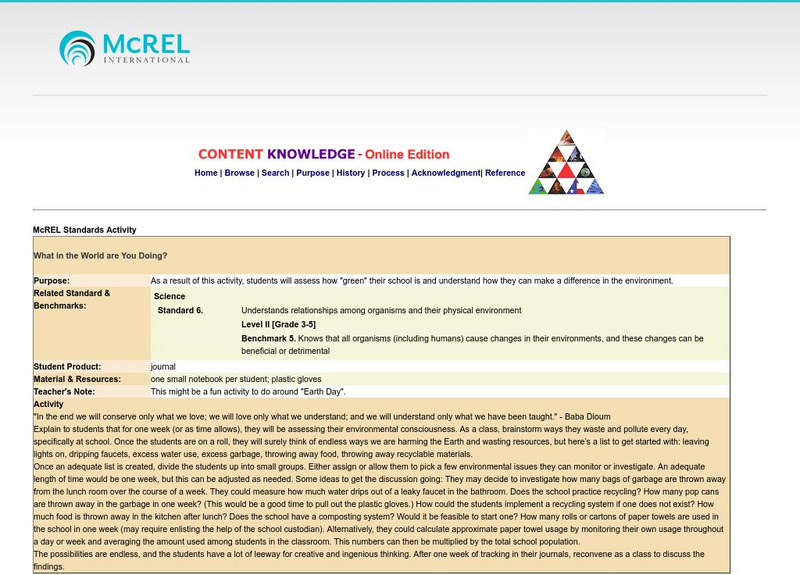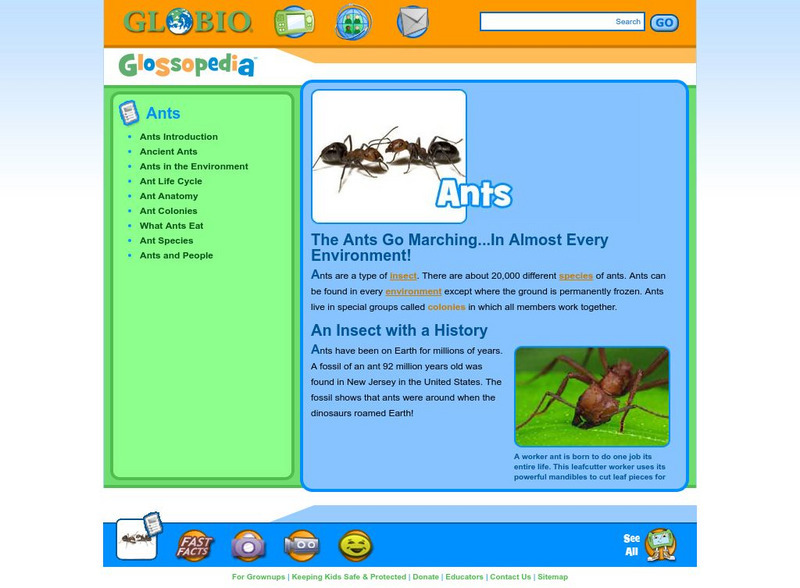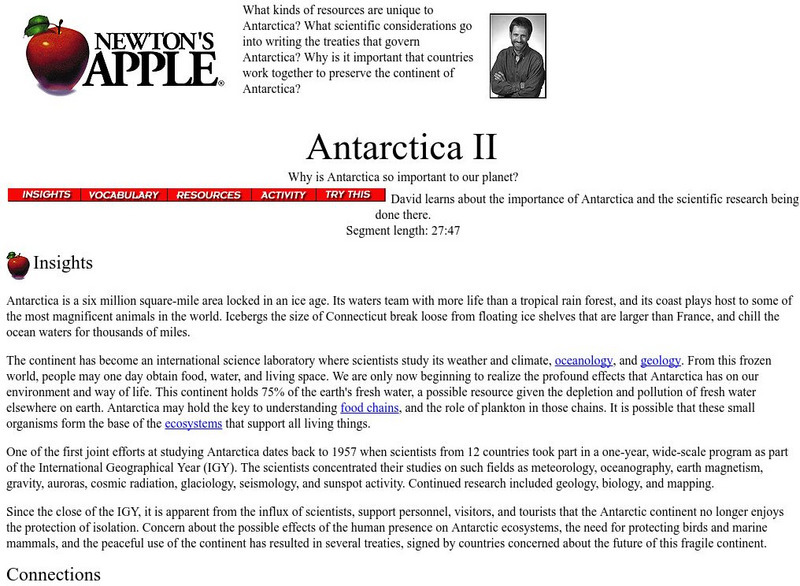Environmental Education for Kids
Eek!: Community Action & Citizen Science: Biomonitoring
Biomonitoring is the term scientists use to describe the use of plants, animals, or entire ecosystems to tell if our environment is polluted. Biomonitoring has been used by biologists and scientists to give us information about our...
Texas A&M University
Kinder Garden: Community Gardens
Many urban communities have learned to use unlikely places to develop gardens. At this site visit a community garden and learn how some people have adapted to the limitations of their environment.
Government of Canada
Community Noise Annoyance
Health Canada looks at the issue of excessive and annoying community noise and its effects on people's quality of life. Background on the problem is outlined, followed by a discussion on how highly annoying environment noise can affect...
C3 Teachers
C3 Teachers: Inquiries: Geography
A learning module on world geography. It includes several supporting questions accompanied by formative tasks and source materials, followed by a summative performance task. Students investigate where their community is located, where...
McGill University
Mc Gill University: What Is a Dam?
Informative site explaining the benefits of building a dam to help humans adapt to the environment.
Soft Schools
Soft Schools: Biodiversity Quiz (Ecological Problems)
Take an interactive quiz over ecological problems affecting the environment. After completing the quiz, check your score, and then revisit any incorrect question for further review.
McREL International
Mc Rel: What in the World Are You Doing?
For this activity, students decide on environmental concerns they have about their school environment, and work in groups to investigate an issue then report back to the class. The purpose is to raise awareness about how their school...
Utah Education Network
Uen: Utah Communities and the Railroad [Pdf]
Third graders will use the computer to briefly research six communities in Utah and evaluate key factors that determine how a community develops and explain changes within communities caused by human inventions. They will be able to...
TeachEngineering
Teach Engineering: Engineers Speak for the Trees
Students begin by reading Dr. Seuss' "The Lorax" as an example of how overdevelopment can cause long-lasting environmental destruction. Students discuss how to balance the needs of the environment with the needs of human industry....
TeachEngineering
Teach Engineering: Would You Drink That?
This activity focuses on getting students to think about bacteria, water quality and water treatment processes. Students develop and test their hypotheses about the "cleanliness" of three water samples prepared by the teacher. Then they...
Globio
Glossopedia: Ants
Ants are small, but important insects. Ant anatomy, reproduction, life cycle and community are discussed. Impact on the environment and humans is also described.
Michigan Reach Out
Michigan Reach Out: Antarctica Ii
This site provides basic reasons for Antarctica's importance to our planet. Students can create their own treaty of governance for Antarctica.




